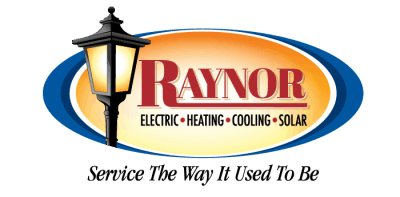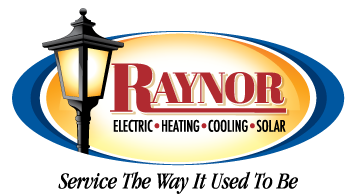
What Is Radiant Heat?
Radiant heating is one of the oldest forms of heating, dating back thousands of years. Growing immensely in popularity throughout the centuries, it has evolved into one of the most cost-effective and efficient ways to heat a home. In fact, according to recent studies, radiant heater systems transmit heat on average about 15% more efficiently than conventional radiators. A radiant heating system transmits heat directly through the walls, floors, and ceiling of a room by a system of tubes installed under the floors or behind the walls or ceiling. The heat produced by the tubing radiates throughout the room, warming the entire area, including the people inside.
Types of Radiant Heating Systems
There are three primary types of radiant heating systems; hydronic, electric, and air-heated. Each system heats up on command through electricity, hot water, or air. Some designs can also double as a cooling system in the summer.
- Electric Radiant Heating – Electric radiant heating uses a network of electrical wires installed beneath the flooring. The system of mats of electrically conductive plastic is often used as supplemental heating in a bathroom or other smaller space and is rarely used in whole-home applications.
- Hydronic Floor Heating – As the name suggests, hydronic heating systems use a network of water-filled tubes usually installed underneath the floors. With this system, heated water is pumped from a home’s boiler through the lines, delivering whole-home warmth and comfort. Hydronic systems allow for zone heating, making this one of the most popular and cost-effective heating systems.
- Air Floor Heating – The least efficient heating method out of the three, air floor heating utilizes ductwork installed beneath the floor. Hot air passes through the ducts, and a slab of concrete, located between the ducts and flooring, conducts the heat. As the air rises, the room heats up. Air-heated floors are uncommon and less cost-effective than electric and hydronic radiant heating.
Radiant Heater Benefits
The winters in New Jersey can be long and cold. Typically, homeowners enjoy heat from a traditional system like a furnace. While these systems effectively keep your home warm, consider this concept; warm air rises, and since a furnace doesn’t produce warm air from below the floors, the floors are typically left cold. With radiant heating, the floors will always be warm, even as the heat rises! Other benefits include:
- Energy efficient
- Quiet heating
- Allergy-friendly
- Consistent temperature
- Flexible fueling; can run off gas, wood, oil, solar, and other varieties
- Aesthetically pleasing
- No need for bulky ductwork
- No humidity issues
Radiant Heating System Installation With Raynor Services
Radiant heating allows you to keep warm and comfortable year-round because you’re heated from your toes to your head instead of from head to toe, as in a conventional system. If you’re interested in this system to heat your home this season, connect with the Raynor Services team at 609-454-6655. In addition to determining your capability for radiant heating, we will:
- Determine what floor material is best
- Pick a radiant heating method
- Spec out the entire job
- Provide a cost estimate
For all your radiant heating system needs, look no further than Raynor Services!












